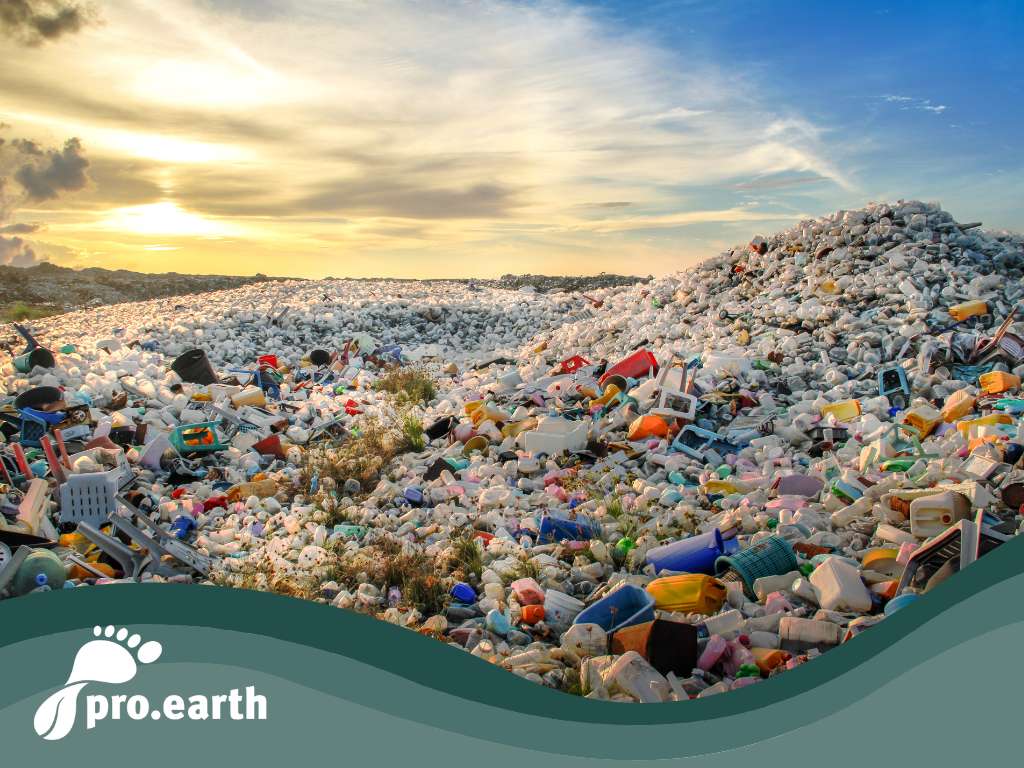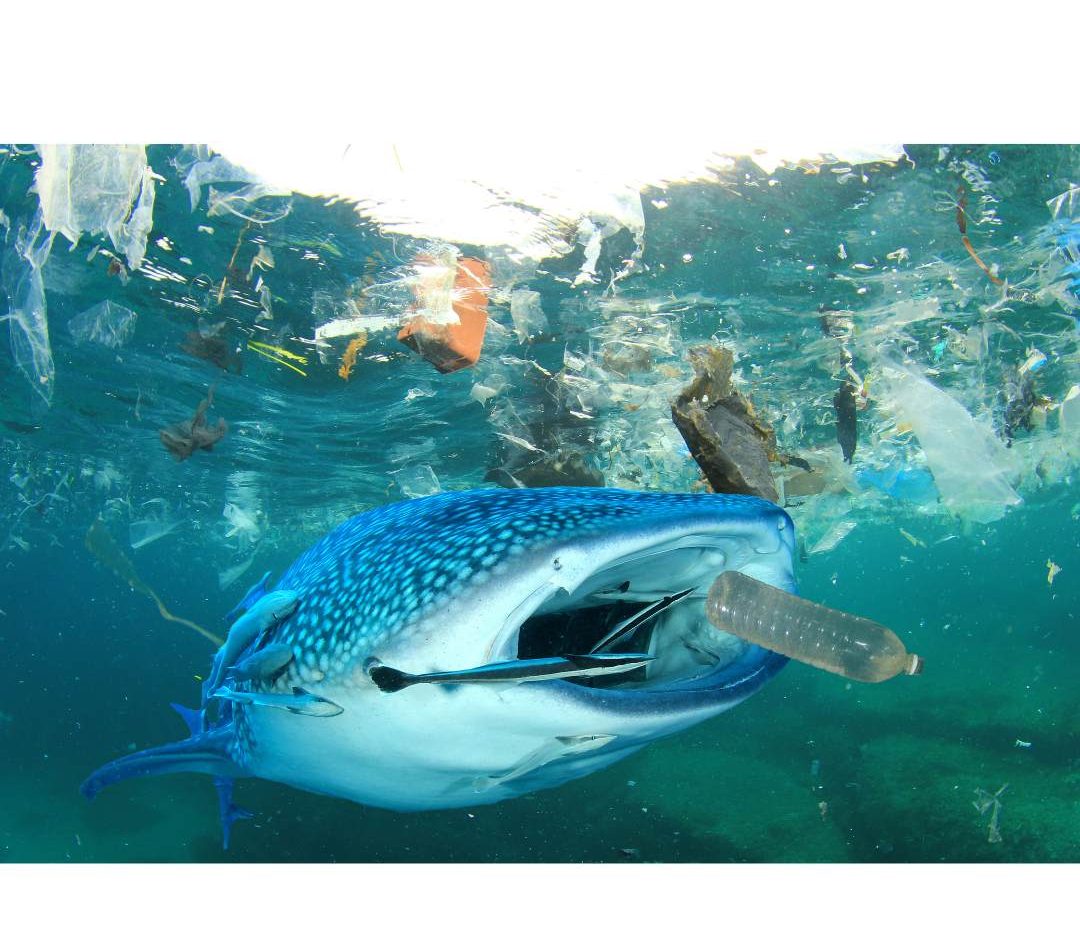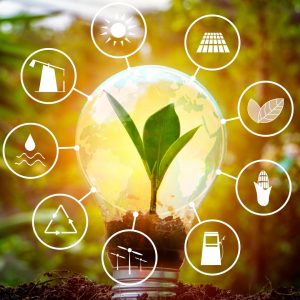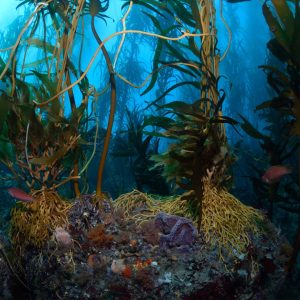A global agreement against the flood of plastic

In two days' time, further negotiations on a global plastics agreement will begin in Paris. With around 1,500 delegates, the second round of negotiations will be on a similar scale to the climate conferences (COP). The importance of the topic is also demonstrated by the fact that France's president is already inviting environment ministers and NGOs to a dialog on the topic beforehand and that World Environment Day on 5 June is also dedicated to this topic. The enormous consumption of plastic with all its negative effects is one of the major issues of our time - it is also known as the plastic age. The global flood of plastic is constantly increasing and microplastics can already be detected everywhere - including in the human body. Many generations will have to struggle with the environmental damage. A global plastics agreement to reduce and gradually end production would therefore be a landmark for our planet.
The harmful effects on the environment
"The way we produce, use and dispose of plastics pollutes ecosystems, endangers human health and destabilizes the climate."
Inger Andersen, Executive Director of the UN Environment Program (UNEP)
A new report from Greenpeace USA highlights the impact of new and recycled plastic. Despite the impact on our oceans, rivers and the people affected, global plastic production has steadily increased since the 1950s. The plastics industry aims to double production again by 2040. According to the UN Environment Program (UNEP), plastics contain more than 13,000 chemicals, of which more than 3,200 are known to be hazardous to health. Recycled plastics often contain even higher levels of chemicals, including toxic flame retardants, carcinogenic substances, environmental pollutants and numerous endocrine disruptors that can alter the body's natural hormone levels.
Massive reduction possible
Plastic pollution could be reduced by 80 percent by 2040 if countries and businesses make profound policy and market changes using existing technologies, according to a new UNEP report. The report is published ahead of the second round of negotiations in Paris on a global agreement to tackle plastic pollution and outlines the scale and type of changes needed to end plastic pollution and create a circular economy.
"This UNEP report provides a roadmap to drastically reduce these risks by introducing a circular approach that keeps plastics out of ecosystems, out of our bodies and out of the economy. If we follow this roadmap, including in the negotiations on the plastic pollution treaty, we can achieve major economic, social and environmental gains."
Market changes are required to convert the market to a circular economy
To reduce plastic pollution globally by 80 percent by 2040, the report suggests first eliminating problematic and unnecessary plastics to reduce the problem. The report then calls for three market changes - reuse, recycling and product repurposing and diversification:
Reuse: By promoting reuse options such as refillable bottles, bulk packaging, deposit and return systems, etc., 30 percent of plastic pollution can be reduced by 2040. In order to exploit this potential, governments must help to ensure that reusable products become more widespread.
Recycle: Plastic pollution can be reduced by another 20 percent by 2040 if recycling becomes a more stable and profitable business. Eliminating fossil fuel subsidies, enforcing design guidelines to improve recyclability and other measures would increase the percentage of economically recyclable plastics from 21 to 50 percent.
Reorientation and diversification: The careful replacement of products such as plastic packaging, bags and takeaway items with products made from alternative materials (e.g. paper or compostable materials) can reduce plastic pollution by a further 17 percent.
 What NGOs demand
What NGOs demand
Greenpeace is particularly critical of the recycling of plastics and is calling, among other things, for countries to set binding global reduction targets and an end to the production of new plastic by 2040 in the plastics agreement and to ban particularly problematic and unnecessary types of plastic immediately.
"The world needs to start turning off the plastic tap now. Plastic is made from 99 percent oil and gas and is polluting and harmful. Government representatives must take the dangerous effects of plastic pollution on the environment and people seriously and decide on a radical change of course. Mini-steps or voluntary measures are completely inadequate in view of the scale of the problem," demands Lisa Panhuber, circular economy expert at Greenpeace in Austria, who is on site as an observer at the negotiations in Paris.
Worst and best case
"The worst-case scenario would be to agree that plastic pollution is a global problem that individual countries should do something about," says the expert. What would be the best-case scenario? "This would ban particularly hazardous plastics and introduce binding, annually increasing quotas for reduction and recycling for the others. This would require transparency in order to achieve a naming and shaming effect, but also sanctions for countries that do not comply."
WWF has also been campaigning intensively for a plastics agreement for a long time: "We cannot allow blockers to determine our future. We call on governments to ensure that the urgency of solving the plastic crisis is at the forefront of all decisions," demands Alois Vedder, Senior Policy Advisor at WWF Germany. "By 2025, we need an effective agreement that puts an end to plastic pollution."






